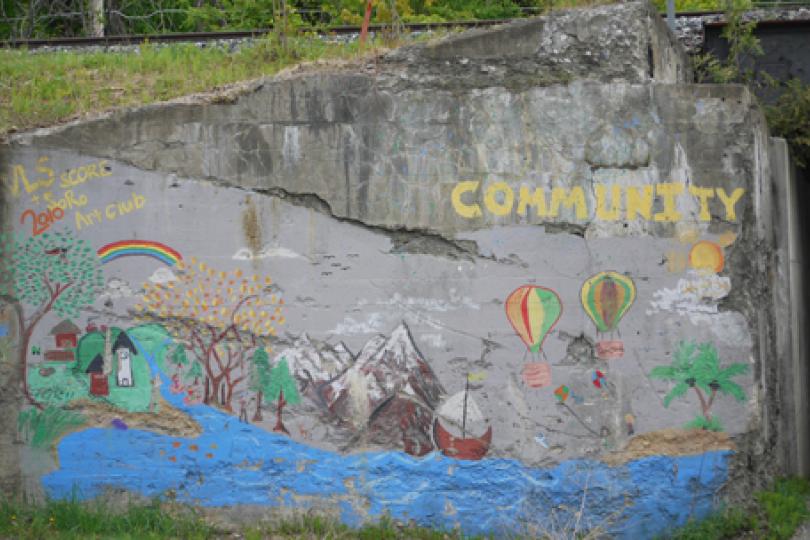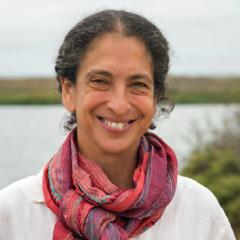Leadership Capacities for a New Era
Last fall, we surveyed all Fellows (as we do from time to time) to track professional pathways and leadership skills and to gain input on how we can improve our offerings through the Fellows Network, retreats, trainings, gatherings, etc.
The timing of the survey had the unintended benefit of reflecting a very particular moment for our Network, just days after the presidential election, when the results were still sinking in. In this post I want to share some of the findings of the survey that relate specifically to our Fellows’ reflections on the kinds of leadership capacities we need for the future.
We asked Fellows to self-evaluate a range of leadership skills including confidence in their ability to communicate to policy makers, communicate across sectors and interests, place their work within larger contexts, collaborate, align resources, and reach out and engage people with different social and cultural perspectives, among others.
We also asked Fellows to suggest ONE leadership capacity they felt was most needed for the future. To this open-ended question, Fellows expressed, in various ways, that to be able to work with and relate to people whose social, cultural and ideological perspectives were vastly different than their own was the most critical leadership capacity we need to cultivate. This was strikingly related to the low self-ratings given to this very same capacity.
This result may reflect an awareness that despite our environmental gains in recent decades, a larger segment of the general population than we thought may not prioritize issues of social justice, equity and environmental protection. This reflection has many facets – an awareness that scientific integrity is being challenged more than ever, economic benefits have not been shared equally across communities, and that anti-regulatory sentiments have gained a footing. This is all in addition to the elevated racist and discriminatory language and behavior witnessed during the presidential campaign, and since.
The call for leadership that not only ENGAGES across difference but can truly RELATE across difference was spoken of as an ideal, as well as a skill. This theme echoed through many parts of the survey responses - that we need to be inclusive in our professional practices and think about how our different issues intersect, how we can collaborate across those issues, and how we can seek more diversity and inclusion across racial and socioeconomic backgrounds.
Other leadership capacities strongly referenced were:
- communication skills (public speaking, storytelling, persuasion, ability to cross ideological lines, face-to-face interactions);
- being a good listener with empathy, emotional intelligence;
- willingness and ability to engage in policymaking processes; and
- understanding power dynamics in decision-making.
We feel it is important to share these results given the huge alignment in Fellows’ responses. We will look for ways to integrate these themes into our trainings and gatherings in the year ahead, and hope that we can build skills together, within our own Network and with others. There is much we can do, together.

